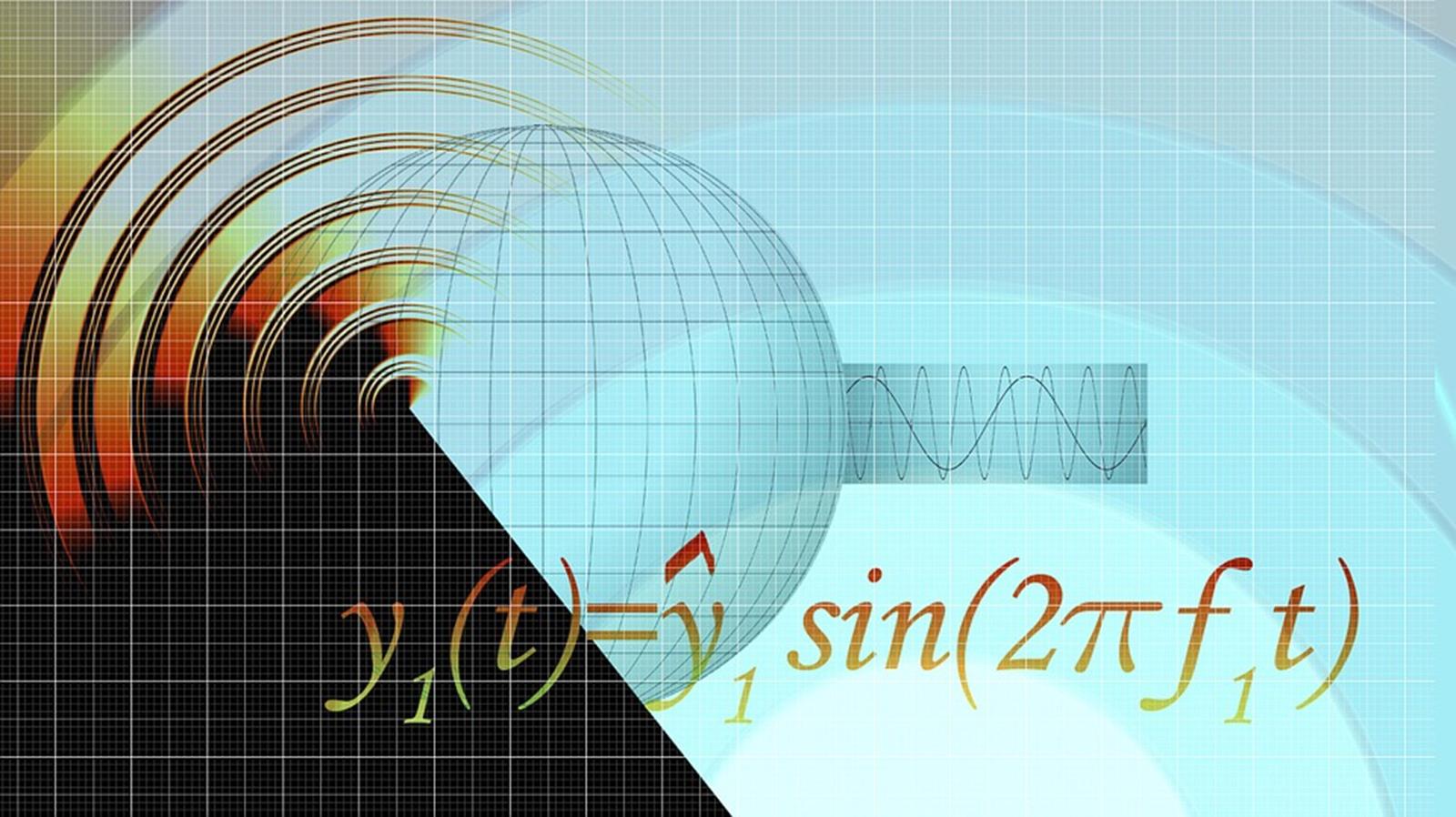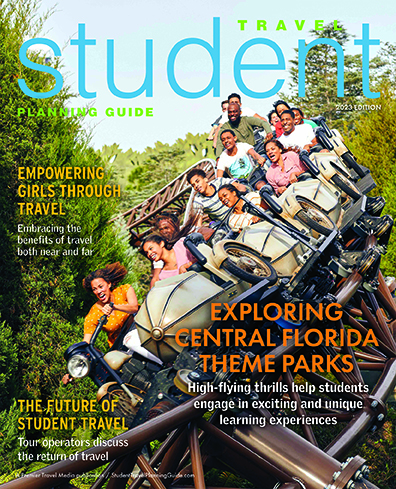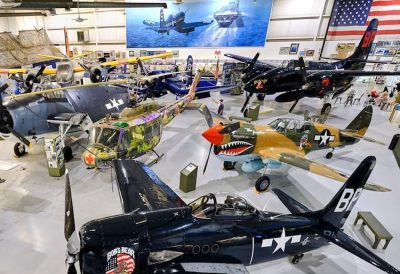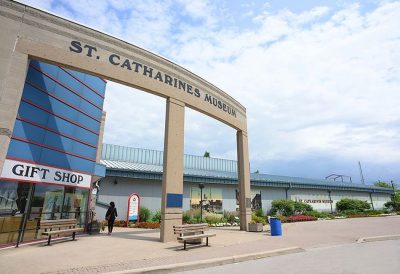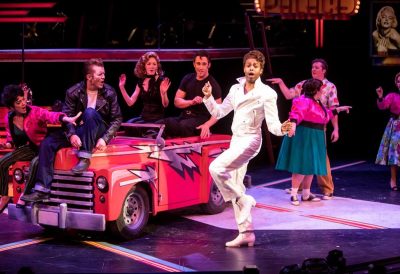It has been said that the foundation for a strong, stable, and successful society revolves around its understanding of science and math. Since mankind first emerged from the jungles, civilization has largely been made possible due to an empirical understanding of our surroundings. As time has passed, our understanding of the world and its natural law have yielded greater and greater insight into every facet of our daily lives.
Besides being crucial for day to day life, STEM principles like science and math also provide a certain level of serenity and logic to those who understand them. Likewise, there are many lucrative careers to be found in these fields, with employment prospects for STEM savvy students double that of others.
Whether you are a teacher of math and science, want to provide stimulating activities to your students or are furthering a teaching career into these fields, there are many facilities located within the United States that provide student tour groups with ample access to insight into these fields. This article explores seven top math and science museums across the U.S.
National Air and Space Museum
Operated by the Smithsonian Institution, the National Air and Space Museum in Washington D.C. is one of the crown jewels of the U.S. in terms of math and science education. One of the most visited museums in the country, visitors can enjoy hundeds of unique exhibits, see up-close and personal the Wright Brothers’ first successful plane, and also peruse a historical timeline of various civilian and military aircraft deployed throughout the decades. Best of all, admission to the National Air and Space Museum is absolutely free – and open seven days per week throughout the year.
The Tech Museum of Innovation
In San Jose, California – near the epicenter of Silicon Valley – one museum provides math and tech exploration options unlike any other. The Tech Museum of Innovation features a plethora of children’s exhibits that include robotic demonstrations, math classes, and examples of biotechnology. It’s not all lectures and exhibits, though: the museum also provides a variety of interactive games and collaborative features involving music, exercise, and sports. Even for those who ask “is there a Kumon near me?” or who are otherwise seeking school-based math and science programs, the Tech Museum of Innovation can expose kids to a wellspring of inspiration and knowledge in just one short day.
New York Hall of Science
Situated in the NYC borough of Queens,, the New York Hall of Science is an exceptional STEM-related museum and among the most popular in the Northeast. The sheer selection of exhibits and activities makes it perfect for students from k1-12. With more than 400 hands-on exhibits, there’s something here for every grade level. Attractions such as its 3D theater, science playground, and sports-related activities provide every member of the class with excitement and intrigue. Additionally, the New York Hall of Science also offers a laboratory area where kids can design, build, and test out any math or science project imaginable.
Denver Museum of Nature & Science
Exploring the wide array of natural history attractions and scientific observations is anything but difficult while visiting the Denver Museum of Nature & Science. Situated in Colorado’s capitol city, the museum incorporates a vast array of both indoor and outdoor exhibit areas to provide an exhilarating learning experience for all schools who visit. With everything from astronomy and archaeology to paleontology and biology, the possibilities for student groups to learn about science is unrivaled in the Mountain West. Open every day from 9 AM to 5 PM, the museum offers discounted school admission options from its base price of $13.95.
Natural History Museum of Utah
There are few places where people of all ages can explore the entirety of the planet’s natural history, but the Natural History Museum of Utah provides such an opportunity. Located in Salt Lake City, this museum offers expansive indoor and outdoor exhibit areas that provide information, demonstrations, and even hands-on activities for everything from dinosaurs and natural disasters to astronomy and entomology. The facility also offers plenty of options for birthday parties, summer camps, and even citizen science activities. Open every day of the week (10 AM to 5 PM, save for 10 AM to 9 PM on Wednesdays.
Discovery Place
Those who love technology, science, and math won’t be disappointed with the Discovery Place, one of the foremost science and math museums in the Southeast. Located in Charlotte, North Carolina this facility has operated for 70 years and prides itself on providing a learning experience for children of all ages. Besides offering education programs year-round for students and teachers alike, the museum also offers science and nature exhibits that general visitors can enjoy, alongside tech demonstrations and classes. Even tangentially related subjects – such as art and anatomy – can be studied and enjoyed on the premises on select days. Closed on Sundays, the Discovery Place generally is open to the public from 9 AM to 4 PM on weekdays and until 5 PM on Saturdays.
Museum of Science and Industry
Anybody who is planning a trip to the Chicagoland area and wants to partake in the history of science and history must visit the aptly-named Museum of Science and History. This southside-based museum bills itself as a place to inspire future engineers and inventors and focuses on 21st-century technological innovations and their practical applications in the world. Never fear, though: even young children can find much to enjoy about this museum. From controlling a monstrous contained tornado to exploring a submarine or observing the real-time climate of the planet, there’s much for school groups of all ages to find fascinating here.
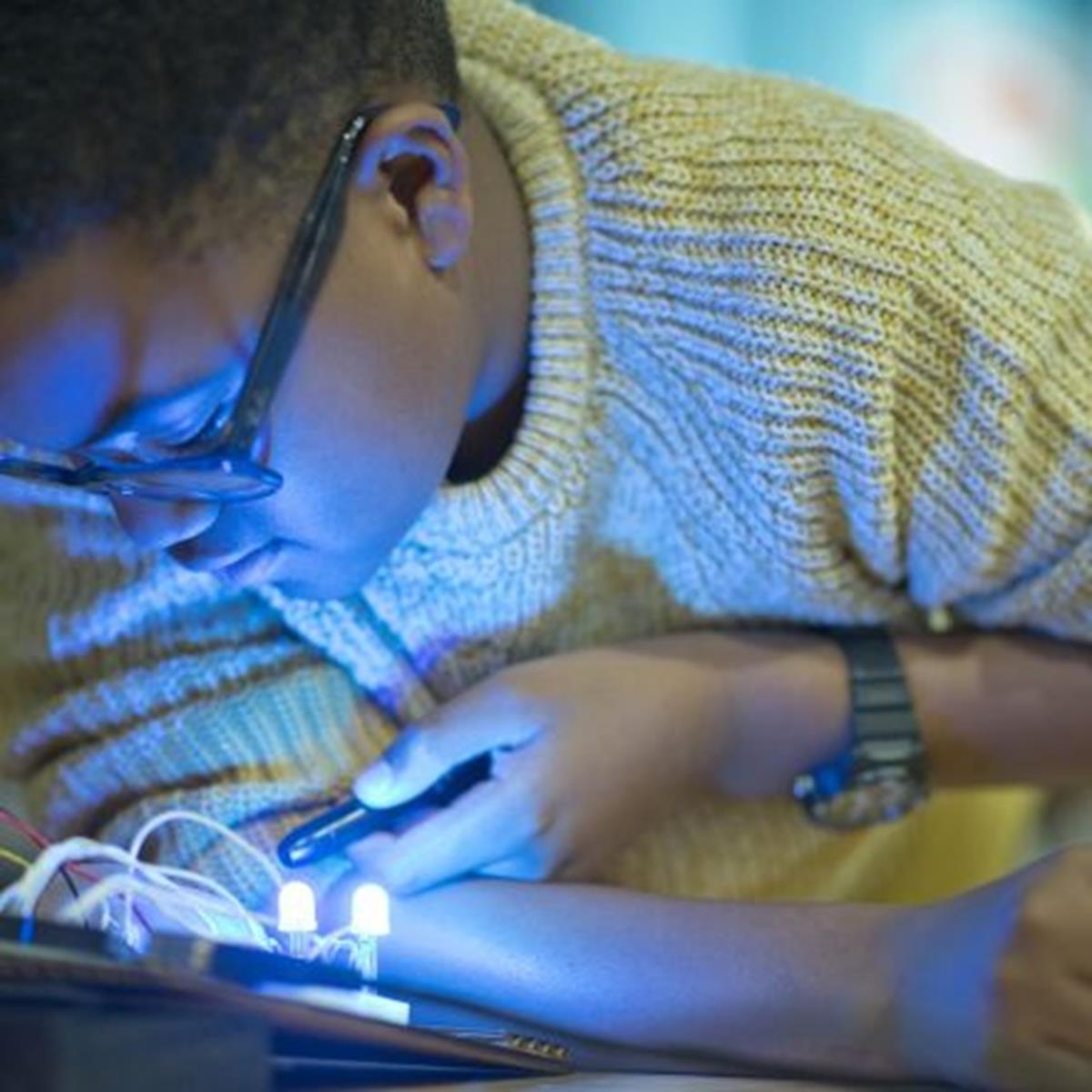
There are literally hundreds of interesting and impressive museums dedicated to various sciences, technology, and math in the United States, but not all stand above the pack. These seven math and science museums are easily among the most impressive and draw huge crowds of STEM field trips every year as a result. If and when you want to take your students on a science or math based field trip, you absolutely must make it a priority to visit, explore and learn.

